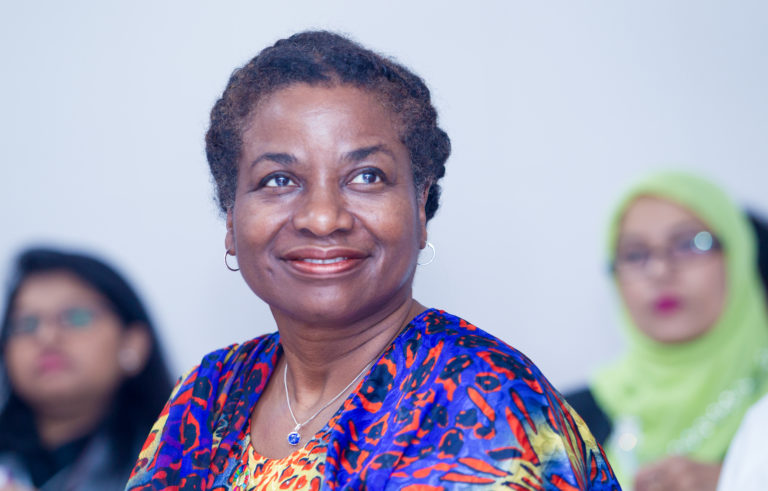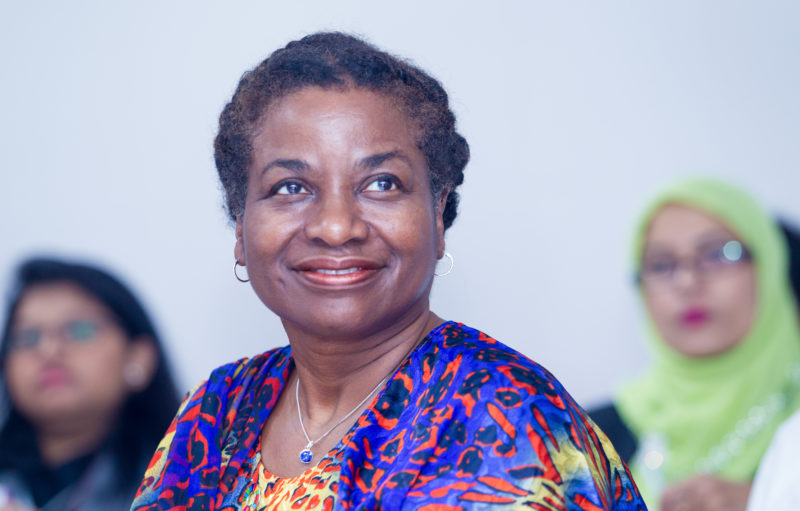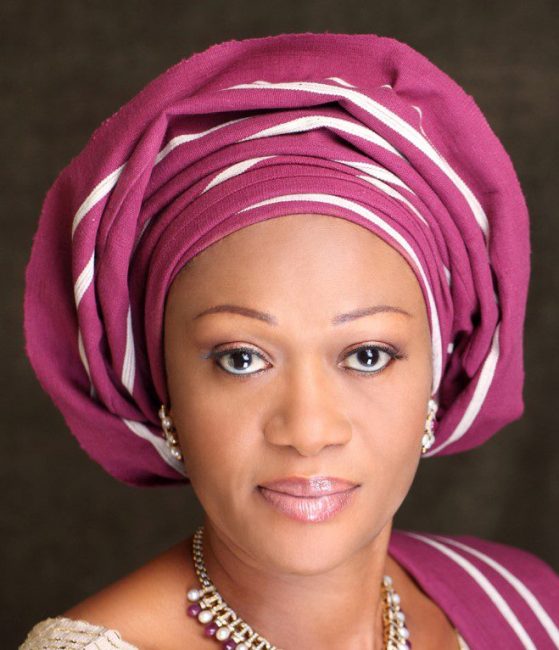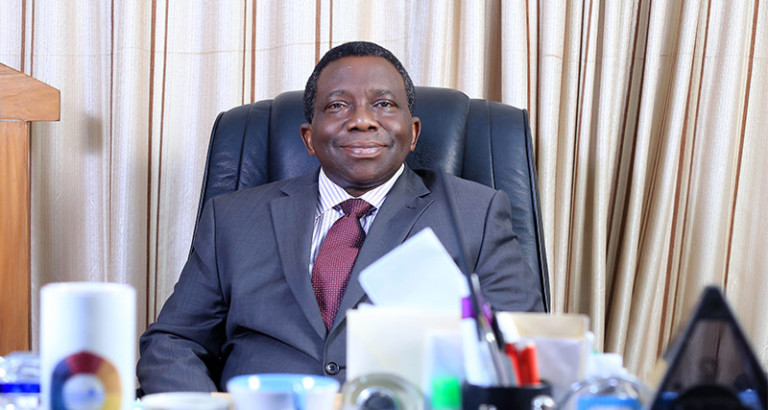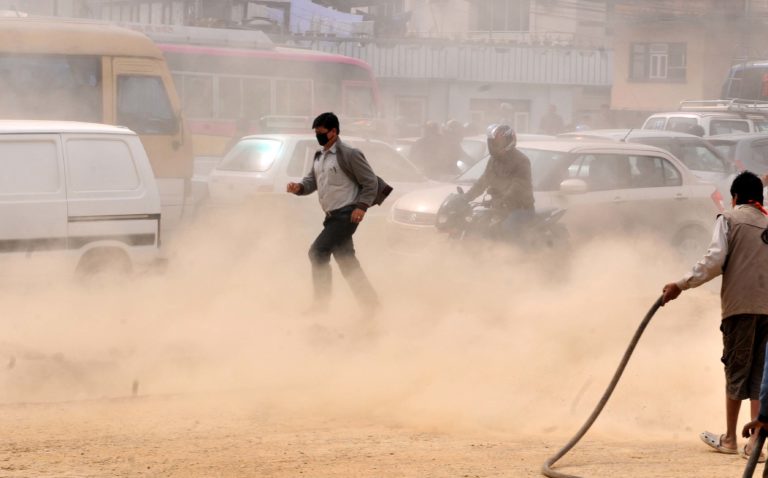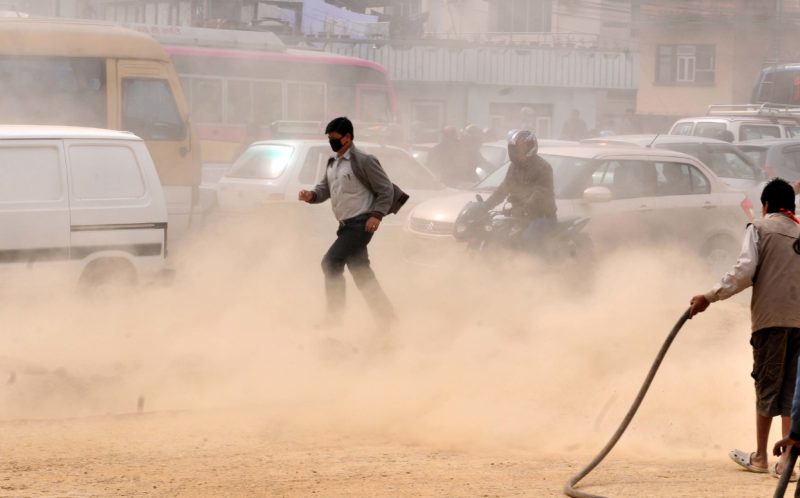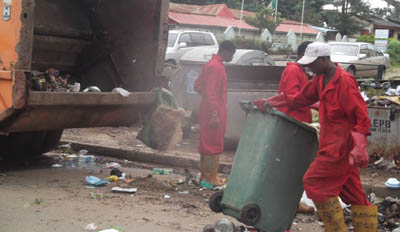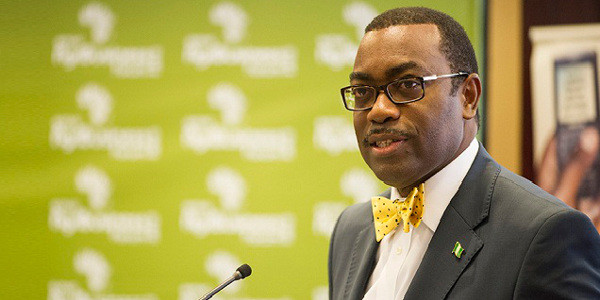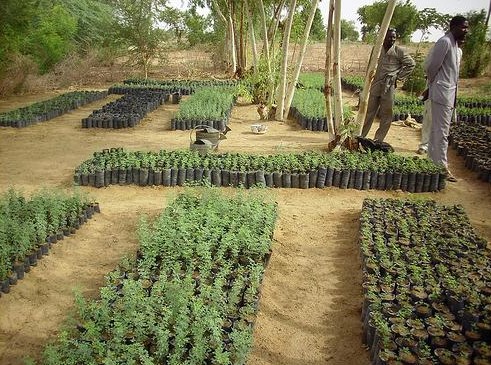Frank Bainimarama, President of the UN Climate Conference COP23 and Prime Minster of Fiji, has called everyone to take part in the so-called “Talanoa Dialgoue”, an important international conversation in which countries will check progress and seek to increase global ambition to meet the goals of the Paris Climate Change Agreement.
“It is vitally important that all members of the Grand Coalition we are building for decisive action take part in the Talanoa Dialogue – governments at every level, civil society, the private sector and ordinary men and women,” he said.
Speaking at media summit on climate change and disaster risk reduction in Fiji, the COP President pointed out that the Talanoa Dialogue is a process designed to raise the ambition of national climate action plans (Nationally Determined Contributions or “NDCs”) that each country is making to reduce its own carbon emissions and build resilience to climate change.
“As those of you from the Pacific will know, talanoa is the word we use in Fiji, Tonga and Samoa to describe an inclusive process in our own countries of sharing stories and experiences and achieving best practice in the decisions we make. And now we have taken this process to the global level to encourage everyone to move closer to our goal of keeping the temperature rise to 1.5 degrees Celsius above that of the pre-industrial age,” he said
Frank Bainimarama underscored the importance of the new internet portal launched by the United Nations to support the Talanoa Dialogue. “We hope that this inclusive, participatory process will deliver the greater ambition we need to save our planet,” he said.

The threat that climate change poses to the entire world is undoubtedly the greatest collective challenge humanity has ever faced. The resulting natural disasters pose a particular threat to vulnerable nations everywhere, including those of us in the Asia Pacific.
Whether it is extreme weather like cyclones and droughts that pose an acute risk to our people and our development; rising seas swamping our arable land; acidity and bleaching destroying our coral reefs; or changes to agriculture threatening our food security.
It is an unprecedented crisis that we must face together – every single person on earth helping to reverse the damage to our planet that we have all inflicted with our lifestyles. And replacing the current culture of abuse with a culture of preservation and care.
As my team and I preside over the global negotiations to reduce net carbon emissions to zero as soon as possible, you in the media have a critical role to play. And I ask you all to focus your complete attention this week on what you can do – individually and collectively – to assist your own nations, our region and the world to confront this challenge head on. To tell the stories that need to be told. To generate the action that needs to be taken.
Friends, you have the power through the keyboard, the camera and the spoken word to make a genuine difference. To highlight the urgency of concerted action at every level to avert catastrophe. But also to highlight the wonderful opportunities that lie ahead if we have the courage and imagination to fully embrace the transition to clean economies.
There are plenty of stories out there about the negative effects of climate change. Of current or impending disaster. Of gloom about the prospects of change. Of doom about what will happen if we don’t. But I ask you all to think outside the box – as I’m fond of saying – and in your storytelling, fire people’s imaginations about the positive. Of what is possible if we alter our mindsets from doom and gloom to working together effectively as people and as nations to meet this challenge.
This is the message I am taking everywhere I go as COP President: that great things are happening in the global quest to make the transition from dirty energy such as fossil fuels to clean, renewable energy such as hydro, solar and wind.
The technology is already emerging – such as battery storage – to ensure adequate energy supply and still make the cuts in carbon emissions that are needed to meet the most ambitious target of the Paris Agreement – to limit the average global temperature to 1.5 degrees Celsius above that of the pre industrial age. The challenge the world faces is to scale up that technology with a lot more investment to make it more affordable and more widely available. And especially in developing countries such as our own.
It can be done, it must be done and in many cases, is already being done, though not nearly as fast as it should be. Here in Fiji – off the back of our COP Presidency – we are making it a priority with the assistance of our development partners to bring clean, renewable energy to as many Fijians as possible. One of those partners is the Leonardo Di Caprio Foundation of the United States, which is working with us on a plan to bring solar power to Fijian communities who because of their isolation cannot be connected to the National Grid in the medium and long term. I salute this great actor and humanitarian for his generosity and vision and call on other men and women of means to follow his example.
You all have a list of the COP23 outcomes achieved at the November session in Bonn under Fiji’s leadership and you can find a lot more on our website. But I continually make the point that I am determined as COP President to link the global with the local. To match the calls for action in global political forums with genuine action on the ground. Whether it is access to affordable, clean energy; access to affordable insurance; or all manner of resilience building that can be replicated throughout the world and benefit as many people as possible.
My team and I are totally focused on delivering these outcomes, not only for Fijians but vulnerable people everywhere. We are certainly not resting on our laurels after our success in Bonn. The Fijian-led negotiations will continue right up until we hand over the Presidency to Poland in December. And we intend to work closely with our Polish friends at COP24 to make sure we deliver maximum ambition and momentum.
We are doing this with our joint stewardship of what the world has agreed to call the Talanoa Dialogue. It is a process that I hope will urgently raise ambition in the Nationally Determined Contributions or NDCs that each country is making to reduce its own carbon emissions. As those of you from the Pacific will know, talanoa is the word we use in Fiji, Tonga and Samoa to describe an inclusive process in our own countries of sharing stories and experiences and achieving best practice in the decisions we make. And now we have taken this process to the global level to encourage everyone to move closer to our goal of keeping the temperature rise to 1.5 degrees Celsius above that of the pre industrial age.
It is vitally important that all members of the Grand Coalition we are building for decisive action take part in the Talanoa Dialogue – governments at every level, civil society, the private sector and ordinary men and women. And to enable this global conversation to take place, I’m delighted to highlight the launch last week of a special UN Internet portal where all stakeholders can put forward their ideas.
It’s at talanoadialogue.com, where you will find all the information you need plus the deadlines for submissions. And as COP President, I urge everyone – no matter where you are in the world – to talanoa with us in the Talanoa Dialogue. Talanoa for ambition. Talanoa for action.
It is a great honour that this Pacific way of doing things has resonated so strongly with the global community as a whole. And we fervently hope that this inclusive, participatory process – devoid of finger pointing and blame – will deliver the greater ambition we need to save our planet.
Friends, I also ask you all as members of the media to scale up your own ambition in telling our collective stories. To motivate our governments and people into action and help get the message out. There are inspirational stories everywhere of ordinary people banding together to confront the climate challenge and build the resilience of their own communities. So let’s lead the way in the Asia Pacific and talanoa as much as we can about what needs to be done.
As I keep saying: We are all in the same drua – the same canoe. We are all vulnerable and we must all act. And we can best act by working together harder and with a lot more focus. Because it’s no exaggeration to say that our lives depend on it.
In 15 day’s time, here in Fiji, we will mark the second anniversary of the deaths of 44 of our loved ones in Tropical Cyclone Winston – the biggest storm ever to make landfall in the southern hemisphere. Two years on, we still mourn the loss of our people and we are still in the process of recovering. Still rebuilding our schools and other public infrastructure. Only this time, we’re determined to build them to a much higher standard to withstand the more frequent and more destructive cyclones that we know are coming because of climate change.
Much of the rebuilding has been completed and it has required a great deal of planning, perseverance and patience. But our young people who’ve waited so patiently for their new classrooms know that we just couldn’t do what we used to do – a quick-fix that doesn’t meet proper building standards and will only blow away in the next cyclone.
In Fiji – and the same applies to all vulnerable nations – we have had to rethink the way we do things. To reject the quick fix and invest in infrastructure that is strong enough to meet the challenge we face.
We need better cooperation with each other and our development partners to build our resilience across the board. And as you are doing here in Nadi this week, we need to bring our best minds together to swap stories and swap ideas. To learn from our collective experiences and chart a way forward together that is smarter, more adaptable and more sustainable.
So friends, I wish you the very best in your deliberations on the challenges the media faces in dealing with climate change and natural disasters.
I also have the great pleasure to use this event to launch a set of new Fijian postage stamps to commemorate our Presidency of COP23. You won’t be surprised to learn that they include a stamp depicting a drua – the ocean-going Fijian canoe that is the symbol of our presidency. We had a drua in the foyer in Bonn to remind the whole world of the urgent need to fill its sail with a collective determination to move the climate agenda forward. And we’ll be taking a smaller version to present to the people of Poland in December as we continue to work together for greater ambition at COP24.
Above all, I hope they’ll be a reminder of our collective obligation to each other, to our region and the world to do whatever we can to advance the cause of climate action.

